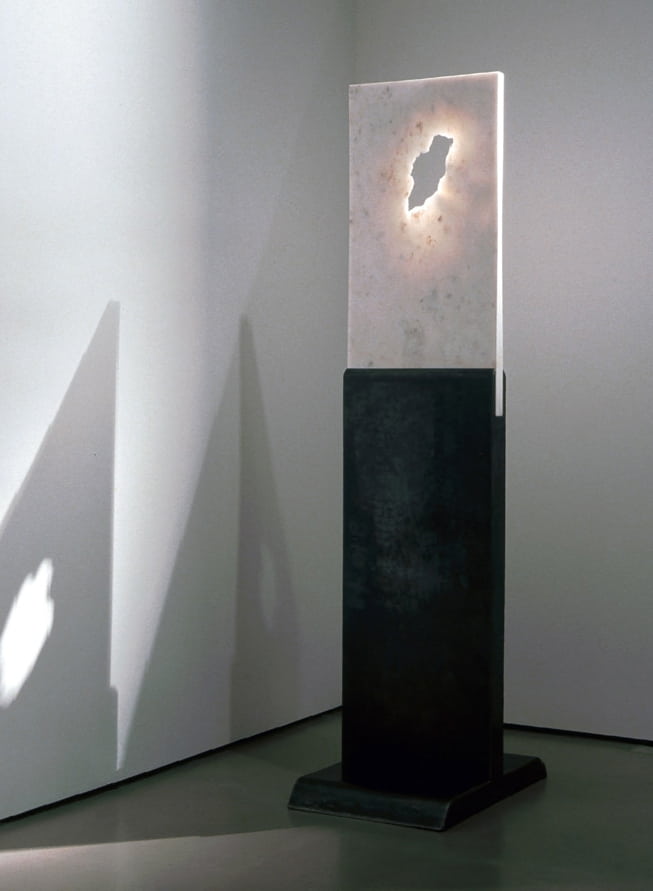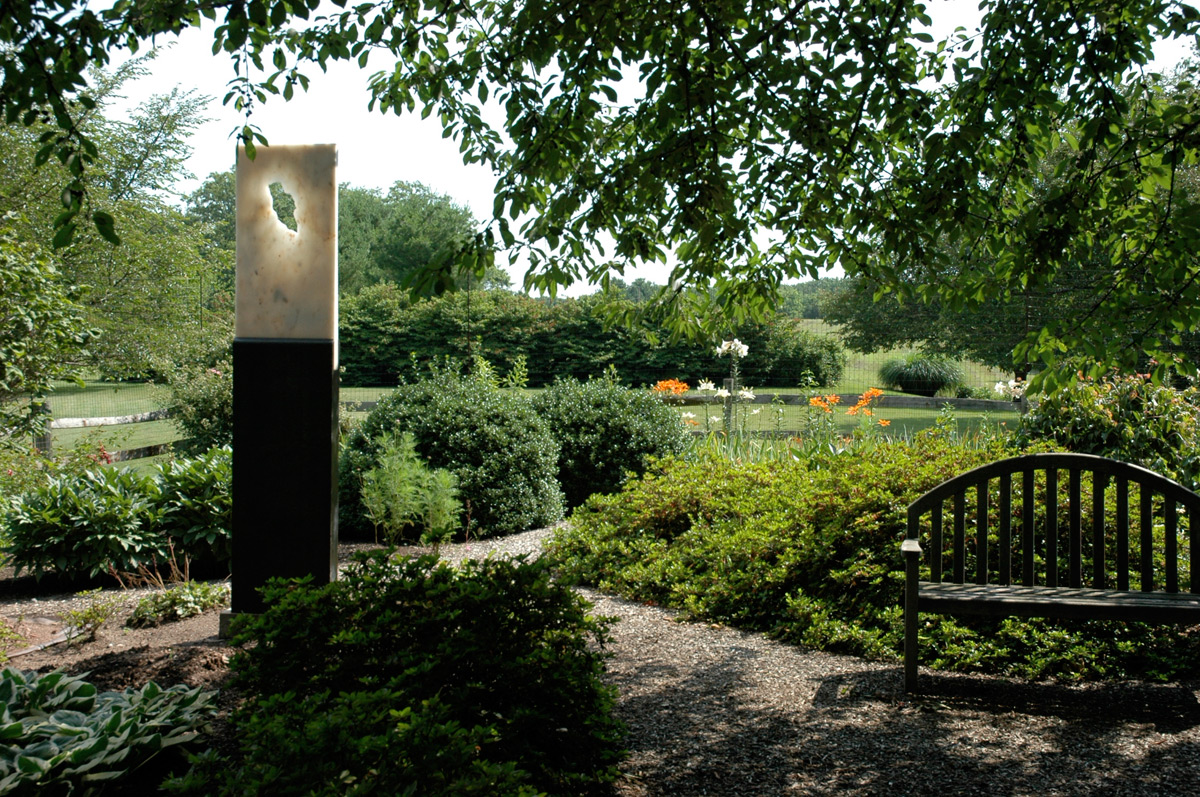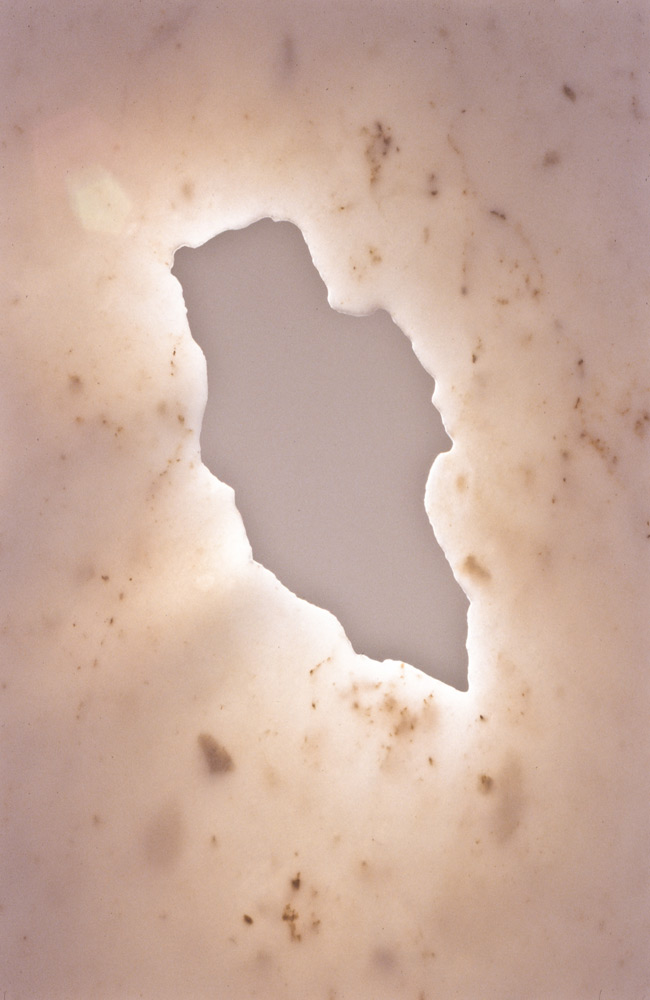December 31: Born of God
♫ Music:
Day 30 - Monday, December 31
Born of God
Scripture: John 1:11-13
He came to his own, and his own people did not receive him. But to all who did receive him, who believed in his name, he gave the right to become children of God, who were born, not of blood nor of the will of the flesh nor of the will of man, but of God.
Poetry:
Author’s Prayer
by Ilya Kaminsky
If I speak for the dead, I must leave
this animal of my body,
I must write the same poem over and over,
for an empty page is the white flag of their surrender.
If I speak for them, I must walk on the edge
of myself, I must live as a blind man
who runs through rooms without
touching the furniture.
Yes, I live. I can cross the streets asking “What year is it?”
I can dance in my sleep and laugh
in front of the mirror.
Even sleep is a prayer, Lord,
I will praise your madness, and
in a language not mine, speak
of music that wakes us, music
in which we move. For whatever I say
is a kind of petition, and the darkest
days must I praise.
PINAKIS AGRAPHOS
Imagine you are able to go back and witness that first day of creation. Everything is formless and void and in the darkness you hear the waters of earth raging and surging with a wild violence and unbounded chaos. The violence is rivaled only by the loneliness of nonexistence. Then a stillness comes and a rest and you feel the Holy Presence of God’s Spirit gently, but quietly descending above the waters. Then nothing happens and you wait.
You know that God is amidst the desolation, but the silence is overwhelming: an entity in itself, and still nothing happens. There is only rest for what seems like an eon and still you wait. When God speaks on that first day and suddenly the light breaks through, it is unlike anything you could have ever expected or anticipated and suddenly there is the beginning of order. Day and night are separate and the cosmos throbs with the energy and passion of God’s desire for this new beginning. It is the most glorious and amazing unfolding of events and each day dawns upon you with more beauty and creative zeal than the first. Sunday through Saturday are subsequently more poetic than anything C.S. Lewis envisioned in the founding of Narnia and more epic than the greatest imaginings of Milton.
You see the dry land drawn forth from chaos and suddenly green sprouts burst into upward motion from the ground as grass, trees, and flowering saplings crawl over every slope and into every valley spreading shades of lavender and green and maroon, conquering the desolate horizons with color. Fruit trees blossom and streams of purest water collect into rivers and fountains in preparation for the feeding of multitudes. In the presence of God’s voice there is glory everywhere. Mysterious creatures play in the depths, and the waves of the sea sparkle with the newly created lights of heaven. What’s more, is that there is absolutely no conflict or guile among the animals which awaken among the new meadows and plains of this wondrous week. Baby deer and gazelles prance unafraid among lion cubs, nuzzling each other with curiosity and eager playfulness for new companions as they explore the wonderful new thickets and groves beneath the warmth of springtime sun. The sixth day ends with God calling forth the most beautiful and glorious of his creatures to shepherd this work, a man and a woman, and everything is perfect. God rests on the seventh day… and then you see his new shepherds ruin everything.
It is far too easy to forget why Advent is important to humanity, but if you could have only seen Creation in such all-surpassing perfection you would certainly shudder to think of what we, in the legacy of Adam have done to our home. In the butterfly effect of one sin entire species have been exterminated, genocides have been committed, and the beauty of paradise has been all but wiped away with the exploitation of our commercial lusts. In the aftermath it remains no wonder that among our best thinkers, Charles Darwin could only describe nature’s dynamic ecological relationships as “the warring of the species” between flora and fauna resulting in the survival of the fittest and elimination of the weakest. God’s intended shepherds have been entirely complicit in this degradation of the earth, but unfortunately, their sins and ours were far greater than any scars we’ve made to the environment. In the lust of the flesh, the lust of our eyes, and the pride of life we have defamed God’s image on our souls. The beautiful, radiant handiwork of His creation which reached its apex in our being has been so abysmally marred that if, like Dorian Gray, we could see the state of our souls as paintings on a canvas, we would surely draw back in horror. The divine art the Creator intended has become too grotesque to even look upon.
This is why we commemorate the Advent season. A baby came in his innocence to wipe the slate clean and let us begin again. This baby was none other than God himself who rested over the waters at the first creation and His coming in human form signified that God had not given up on His original work. The forms and expressions of His holy imagination would be made anew at any cost, even the washing of His own blood, so that peace and harmony could be restored and death would be forever conquered. We would become like this baby in Advent, as newborns. Once created and now created anew we would have the opportunity to participate in composing new stories for our lives.
And yet, though rebirth is instantaneous, redemption is a process. Not only is it painful to let go of the broken identities we have made for ourselves in sin, but once cleansed by Jesus’ blood we must at times sit in the formless void waiting for the Spirit of God to hover over our chaos and bring us to rest until He discerns we are ready for Him to continue His creative work. We may know that we are cleansed from sin a long time before we ever feel that our story picks up again and, for many, once the initial joy of new creation wears off we spend years waiting. Nothing seems to be happening. It is in times like these that we should not lose hope for in this rebirth we have been born ‘not of blood nor of the will of the flesh nor of the will of man, but of God.’ Though we are not inactive in this new story, we are not truly the authors of this transformation. Certain details of this artwork may appear bold and vivid, jumping forth from the page, while others may be dull or dark, filled with days of silence, uncertainty, and unsatisfied longing. Yet if we are able to rest our hearts we can be confident that God is carefully and gently removing the things from our lives which might conflict with the beauty He intends for us, so that, like the Tabula Rasa in today’s artwork we can present ourselves unblemished for a brand-new portrait of divine grandeur. Rest in this.
God’s Spirit hovers over you.
Prayer:
Come Holy Spirit, fill the hearts of your faithful and kindle in them the fire of your love. Send forth your Spirit and they shall be created. And You shall renew the face of the earth. O, God, who by the light of the Holy Spirit, did instruct the hearts of the faithful, grant that by the same Holy Spirit we may be truly wise and ever enjoy His consolations,
Through Christ Our Lord, Amen.
-A Catholic Prayer
Jamie Bos
Academic Advisor/First Year Seminar Instructor
Biola University
About the Artwork:
Tabula Rasa (II), 2003-2004 (Three views)
Theodore Prescott
Corten steel, afion marble
84 in x 4 in x 19.5 in
Private collection
This simple luminous work suggests emergent possibility. Tabula rasa is a Latin phrase often translated as "blank slate" in English. It originates from the Roman tabula, a tablet with was coating used for writing notes with a stylus. The notes could be “erased” by smoothing the wax, making it ready for new notations. When we accept Christ, Scripture tells us we become a new person, pure and clean, miraculously transformed into the likeness of Him who made—and saved—us.
About the Artist:
Theodore Prescott is an American sculptor and writer. Prescott’s sculpture is characterized by an interest in material substances, and their poetic and associative nature, using traditional sculptural materials as well as unconventional materials. Modernist in form, he commonly draws on the Christian tradition for his themes and subject matter. He has exhibited in the United States and Western Europe, completed several public commissions, and has work in public and private collections. Prescott received a B.A. in Art from the Colorado College and an M.F.A. from the Rinehart School of Sculpture at MICA. In 1980 he began the art program at Messiah College in Grantham, Pennsylvania, served as chair for over a decade, was awarded Distinguished Professor of Art for two successive 5-year terms, and is now Emeritus Professor of Art. Instrumental in founding CIVA (Christians in the Visual Arts), he served as its president for two terms. His articles have appeared in American Arts Quarterly, Image Journal, and The New Criterion. In addition, he has published essays for exhibition catalogs and served in a number of editorial capacities.
About the Music:
“Early Morning Fog” from the album Planet Earth II (Original Television Soundtrack)
About the Composers and Performers:
Jacob Shea graduated with a degree in Music Composition. His film scores have won him two BMI awards for Mountain Men and two BMI awards for Alaskan Bush People. Composer Jasha Klebe has worked on music for films such as The Dark Knight Rises and Man of Steel, and arranged the music for the 84th Academy Awards telecast. Both composers work for Bleeding Fingers Music, the leading custom scoring company in the film and television industry, co-founded by Academy Award-winning composer Hans Zimmer. In 2016, Bleeding Fingers was selected to score the BBC docu-series Planet Earth II. Zimmer wrote the theme, and Shea and Klebe wrote the score. The duo incorporated sounds from nature into their music by layering them with electronic effects to make them part of the recording. More than a year was spent composing the score for the series, which was recorded by an 80-piece orchestra at Air Studios in London. Zimmer, Shea, and Klebe were nominated for a British Academy of Television Craft award in the Best Original Television Music category, and Shea and Klebe were nominated for the Emmy in Outstanding Music Composition for a Series (Original Dramatic Score).
About the Poet:
Ilya Kaminsky (b. 1977) is a Russian-born Jewish-American poet, critic, translator, and professor. Kaminsky lost most of his hearing at age 4 and his homeland at age 16, when his family sought political asylum in the United States. He earned a BA in political science at Georgetown University and a JD at the University of California Hastings College of the Law. With Paloma Capanna, he co-founded Poets for Peace, which sponsors poetry readings across the globe to support relief work. Kaminsky’s poems span ages and voices to summon the stuff of life: love, grief, joy, and laughter. Kaminsky’s honors include a Whiting Writers’ Award; the Milton Center’s Award for Excellence in Writing; the Florence Kahn Memorial Award; Poetry Magazine’s Levinson Prize, as well as their Ruth Lilly Fellowship; Phillips Exeter Academy’s George Bennett Fellowship; and a Lannan Foundation Fellowship.
About the Devotional Writer:
Jamie Bos
Academic Advisor
Biola University
Jamie Bos is an Academic Advisor at Biola University. He is originally from Oregon and received his M.A. in Christian Formation from Wheaton College.


